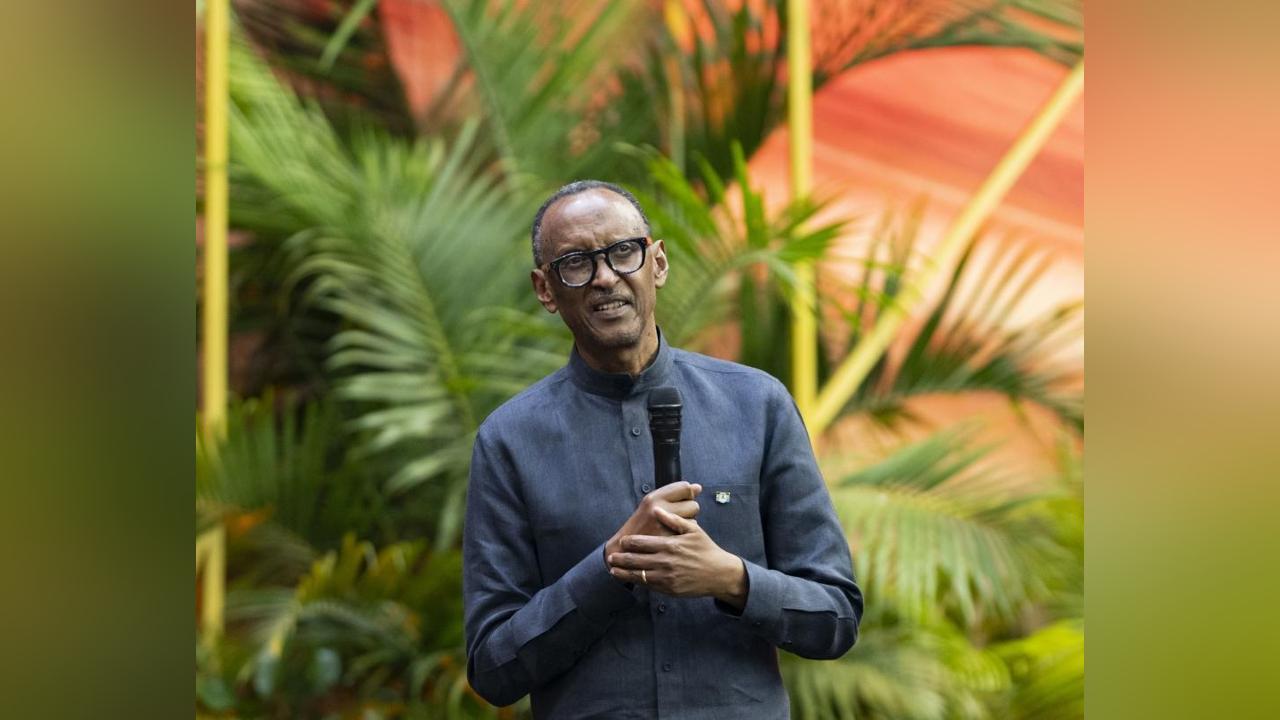Amani Atha
Africa-Press – Rwanda. For those familiar with Rwanda’s history, a headline like “Ruganzu, Rujugira, and Kagame: The Leaders Who Secured Rwanda’s Survival” may seem entirely fitting. But to the uninitiated—especially younger generations who may have grown up hearing legendary tales such as King Ruganzu II Ndoli walking on water—it might sound exaggerated.
While drawing perfect parallels between King Ruganzu II Ndoli (who ruled from 1510 to 1543), King Cyilima II Rujugira (1770–1786), and President Paul Kagame may be difficult, there are undeniable traits they share: the ability to safeguard Rwanda’s sovereignty in times of existential threat, exceptional military leadership, and the capacity to unite the Rwandan people.
These three leaders stood firm during pivotal moments in Rwanda’s history—moments when the nation’s very existence was at stake. They led with courage, resilience, and a deep sense of national duty, ensuring that Rwanda not only survived but emerged stronger.
In recent years, Rwanda has continued to face threats—military, political, and ideological. President Paul Kagame has repeatedly reassured Rwandans not to be distracted or intimidated by such threats. During the 31st commemoration of the Genocide against the Tutsi (Kwibuka31), he said: “It happened to us once, and once is too many. It will not happen again.” He echoed this during Rwanda Day 2024, declaring: “Lightning does not strike twice in the same place. Rwanda was struck once badly in 1994. It will not be struck again.”
To understand why such confidence is not misplaced, we must look back at three defining moments in Rwanda’s history—periods in which enemies sought to erase the nation from the map, only to be stopped by resolute leadership and patriotic sacrifice.
The first liberation: King Ruganzu II Ndoli
After the death of King Yuhi II Gahima, a succession crisis fractured the country. Though he had designated Cyamatare as his successor, rival factions rallied behind other sons, plunging Rwanda into division. King Ndahiro II Cyamatare, Cyamatare’s son, struggled to retain control and ultimately sent his son, Ndoli, into exile in Karagwe for safety.
Following King Ndahiro’s death, Rwanda was fragmented. Rival leaders ruled over regions like Gikongoro, Ruhengeri, and Gisenyi, and a self-declared king, Nsibula, controlled much of the territory for 11 years.
It was Ruganzu II Ndoli who returned from exile, rallied forces known as Ibisumizi, and reclaimed Rwanda’s sovereignty. His victory marked Rwanda’s first major liberation and reassertion of unity.
The Second Liberation: King Cyilima II Rujugira
During King Cyilima II Rujugira’s reign, Rwanda once again faced a coalition of aggressors—kingdoms like Burundi, Gisaka, Bugesera, and Ndorwa. Refusing to succumb, Rujugira led a heroic resistance supported by elite warriors and Abatabazi (self-sacrificing fighters). His general, Gihana, made the ultimate sacrifice in a powerful display of patriotism.
Rwanda prevailed, affirming the age-old proverb: “Utera u Rwanda ntarwambarira inkindi”—those who plan to attack Rwanda should not celebrate prematurely.
The third Liberation: President Paul Kagame and the RPA
Rwanda’s third and most recent existential threat came during colonialism and culminated in the 1994 Genocide against the Tutsi. While the legacy of colonialism—especially the destructive role of Belgium—is well documented, it was the Rwandan Patriotic Army (RPA), under the command of Paul Kagame, that halted the genocide and restored national dignity.
Had Belgium’s long-term designs succeeded, Rwanda and Burundi might have been annexed into what is now the Democratic Republic of Congo, vanishing as sovereign nations.
Thanks to Kagame’s leadership, Rwanda reclaimed its future.
A hero of continuity
History shows that about 200 years typically separate Rwanda’s defining battles for survival—243 years between 1543 and 1786, and another 208 years until 1994. We cannot predict what the future holds, but we can recognize and honor the contributions of our past and present heroes.
King Ruganzu II Ndoli, King Cyilima II Rujugira, and President Paul Kagame each led Rwanda through times of great peril. Their leadership ensured that Rwanda would not only survive but thrive. Kagame, as a living symbol of national continuity and sovereignty, deserves recognition as a hero in the lineage of Rwanda’s greatest defenders.
Source: The New Times
For More News And Analysis About Rwanda Follow Africa-Press






